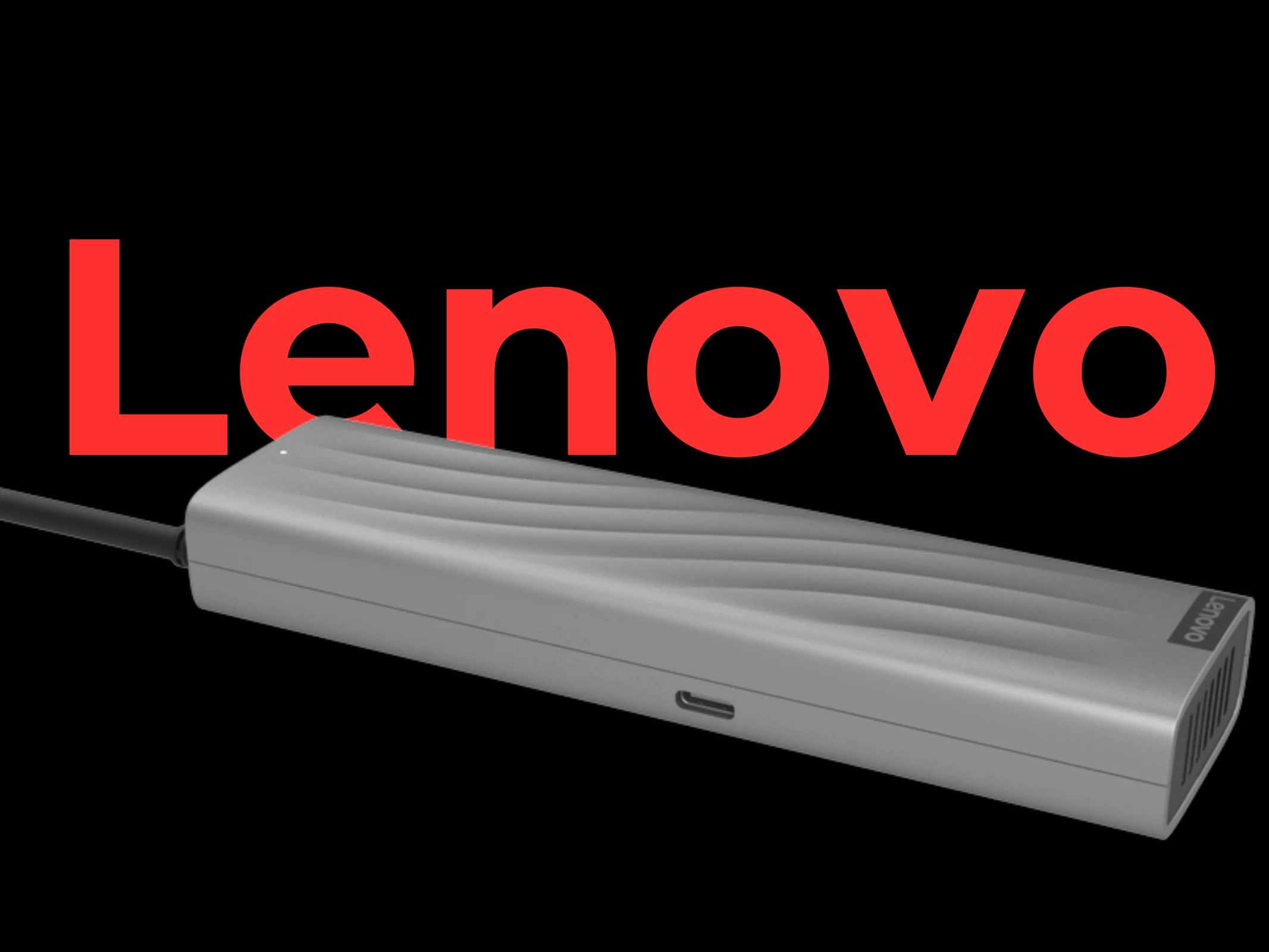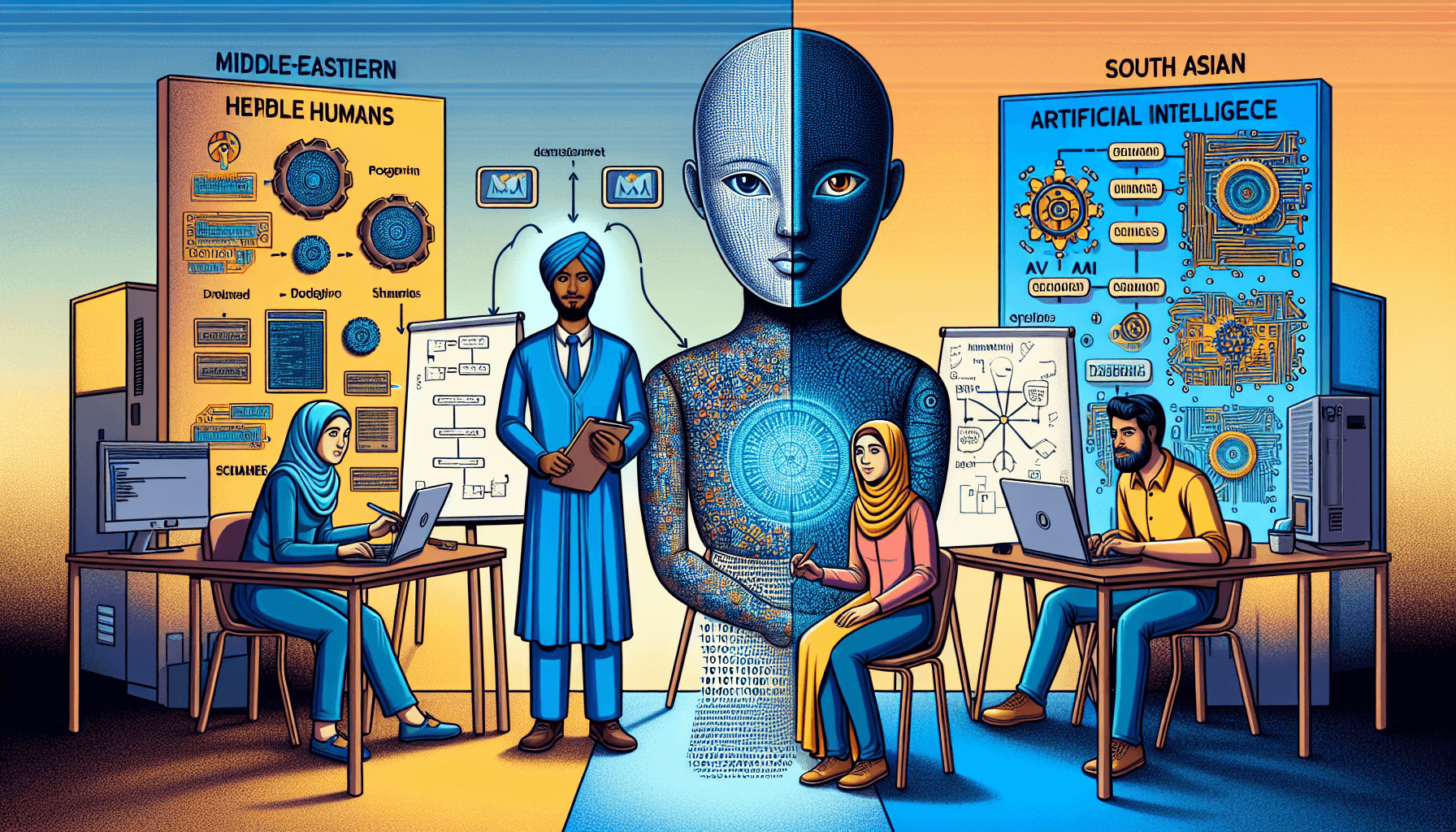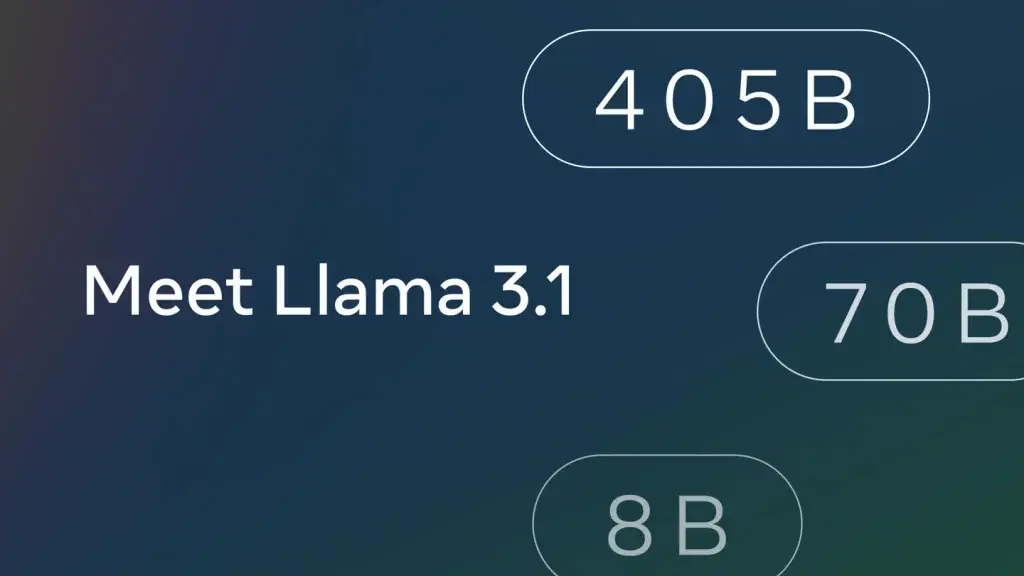Key Takeaways
1. Lenovo AI Stick: A compact device that allows non-AI PCs to run AI applications without cloud reliance.
2. Processing Power: Features a Neural Processing Unit (NPU) with 32 TOPS, providing mid-range AI capabilities.
3. Alternative to Copilot+: Offers Lenovo AI Now as a local solution for large language models and graphics creation, based on open-source Llama 3.1.
4. Simple Connectivity: Easily connects to older PCs via a single USB-C Thunderbolt port and can be powered directly for enhanced performance.
5. Cost-Effective Solution: Aims to provide an affordable option for users needing AI capabilities without investing in high-end PCs.
At MWC 2025, Lenovo is excited to showcase its new AI concept gadgets. The most recent addition is the Lenovo AI Stick, a compact device that plugs into non-AI PCs, enabling them to run AI applications without relying on cloud services.
Impressive Specifications
The Lenovo AI Stick features a Neural Processing Unit (NPU) with an impressive processing speed of 32 TOPS (tera operations per second), which gives connected PCs a solid mid-range AI capability. To put this in perspective, Qualcomm’s Snapdragon X Elite NPUs found in many top-tier AI PCs operate at 45 TOPS, while Microsoft has set a standard of 40 TOPS for its Copilot+ functionalities. However, Lenovo is instead offering its AI Now features as an alternative to Copilot+. Based on the open-source Llama 3.1, the Lenovo AI Now enables local usage of large language models and graphics creation.
Easy Connectivity
For older PCs lacking NPUs, connecting the Lenovo AI Stick is a breeze via the single USB-C Thunderbolt port located on its side. Users with more demanding AI tasks can plug the AI Stick directly into a power source to enhance processing power, similar to the benefits provided by an external GPU.
Given the high costs associated with modern high-end PCs, Lenovo’s innovative AI dongle could address a genuine need for users if it eventually becomes available as a consumer product.














